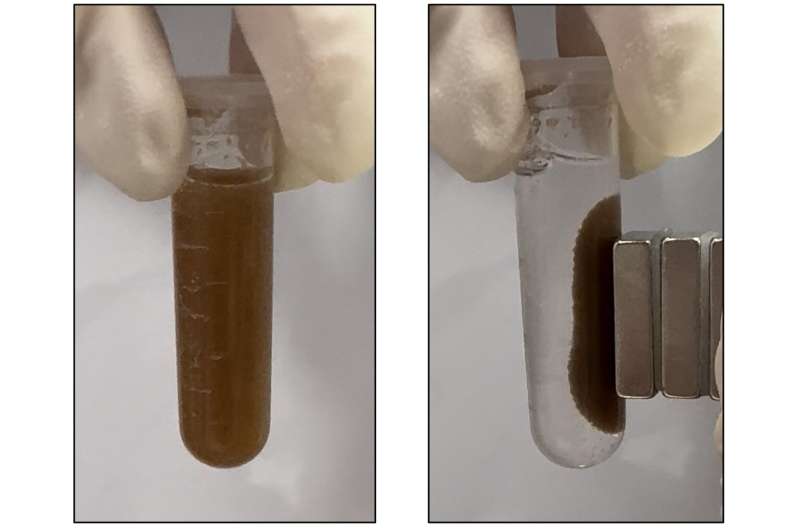Once excreted from mouse models with colitis, the bacterial sensor detected gastrointestinal bleeding within minutes. The researchers say the bacteria in the sensor could be adapted to detect other gut diseases.
“This technology provides a new paradigm for rapid and noninvasive detection of gastrointestinal diseases,” says Ying Zhou, a co-author of the study.
Why current colonoscopy methods fall short
In the U.S., millions of people have colorectal cancer or inflammatory bowel disease, including colitis, which can cause intestinal bleeding, diarrhea and cramping. The gold-standard diagnostic is a colonoscopy using an endoscope, a device with a camera at the end of a long cord that is threaded into the large intestine.

